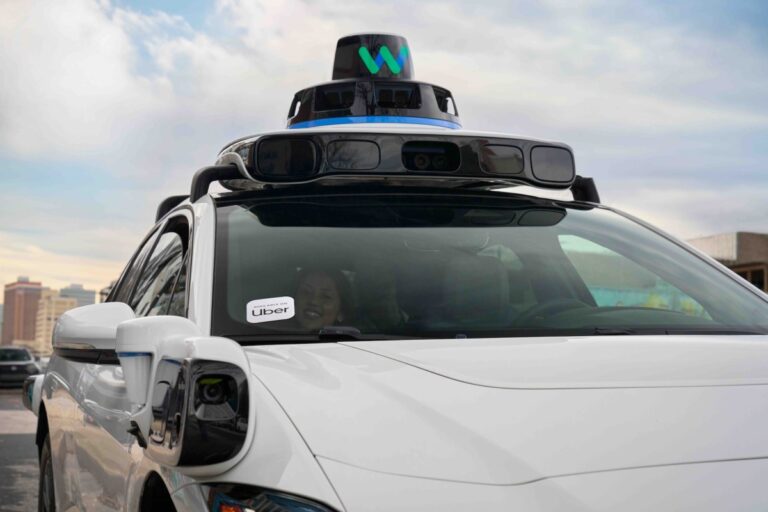IBM CEO: Why AI Won’t Replace Programmers Anytime Soon
IBM’s CEO, Arvind Krishna, recently emphasized that global trade remains crucial for economic growth, despite the skepticism surrounding it from some political quarters. He believes that embracing international trade will be key to revitalizing the U.S. economy. During his interview at SXSW, Krishna highlighted the historical relationship between global trade and local GDP growth.
The Importance of Global Trade
Krishna pointed out that a 10% increase in global trade can lead to a 1% increase in local GDP. He stated, “If we want to really optimize even for local growth, you got to have global trade.” This perspective underscores the notion that international commerce is vital for economic prosperity.
Talent Mobility and Economic Growth
According to Krishna, global trade is intertwined with the flow of talent into the U.S. He expressed concern about the increasing restrictions on student and H-1B work visas, which critics argue disadvantage U.S. citizens. He stated:
- Encouraging Talent: “We want people to come here and bring their talent with them.”
- Developing Local Talent: “You can’t develop it as well if you’re not bringing the best people from across the world.”
- International Hub: “We should be an international talent hub, and we should have policies that go along with that.”
AI: A Tool for Productivity
Krishna also discussed the role of artificial intelligence (AI) in enhancing productivity. He disagreed with predictions suggesting that AI could write 90% of code within months, asserting that a more realistic estimate is 20-30% of code production. He emphasized the following points:
- AI will likely boost programmer productivity rather than eliminate jobs.
- Increased output can enhance market share for productive companies.
- AI serves as a tool to improve the quality of products available to consumers.
AI and the Future of Work
While acknowledging the challenges surrounding AI, such as intellectual property issues, Krishna remains optimistic about its potential. He noted, “If the quality that everybody produces becomes better using these tools, then even for the consumer, now you’re consuming better-quality products.”
Energy Efficiency and AI Innovations
Krishna highlighted that AI technologies, like those developed by DeepSeek, are expected to become more energy-efficient. He predicted that AI could eventually consume “less than 1%” of the energy it currently uses, thanks to advancements in model efficiency.
Quantum Computing: The Future Frontier
Despite his enthusiasm for AI, Krishna believes that quantum computing will play a crucial role in driving scientific discovery. He stated:
- AI relies on existing knowledge rather than generating new ideas.
- Quantum technology is essential for fostering innovation beyond the capabilities of current AI.
In conclusion, Krishna’s insights contrast sharply with those of other tech leaders, such as OpenAI’s CEO Sam Altman, who envisions a future where “superintelligent” AI could revolutionize innovation. As the debates around AI and global trade continue, it is clear that both will significantly shape the future of the economy.







